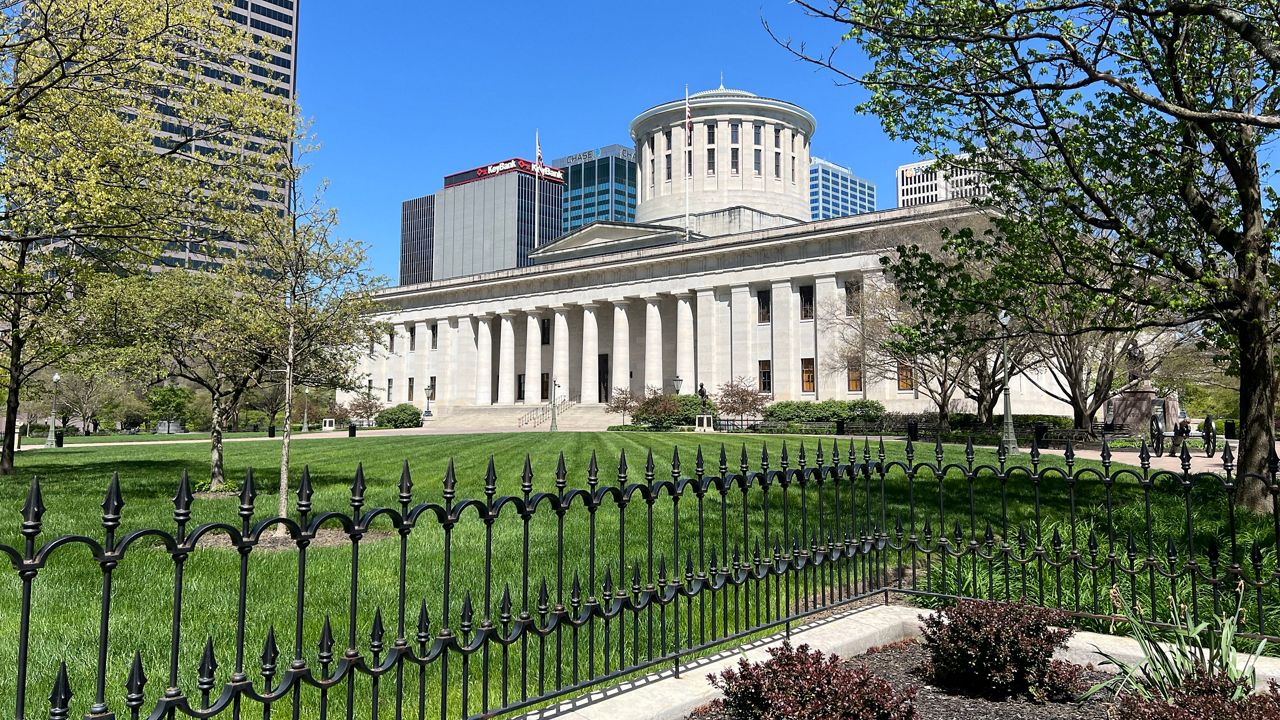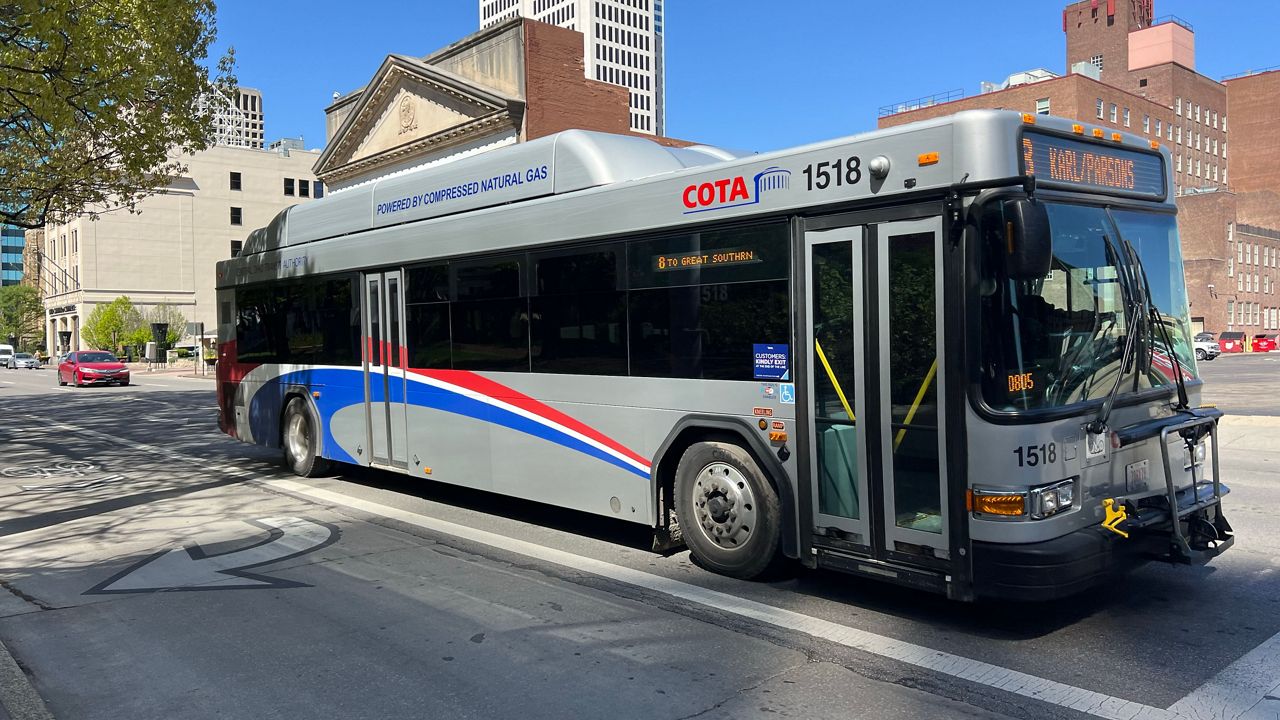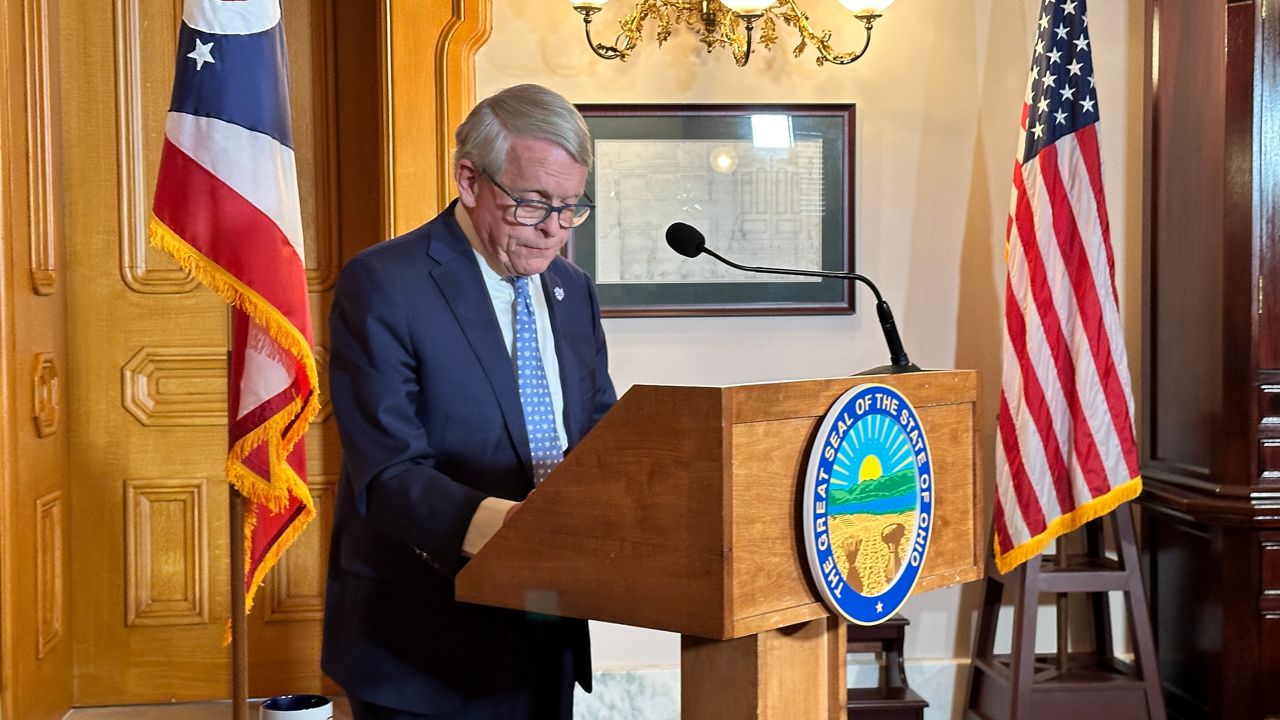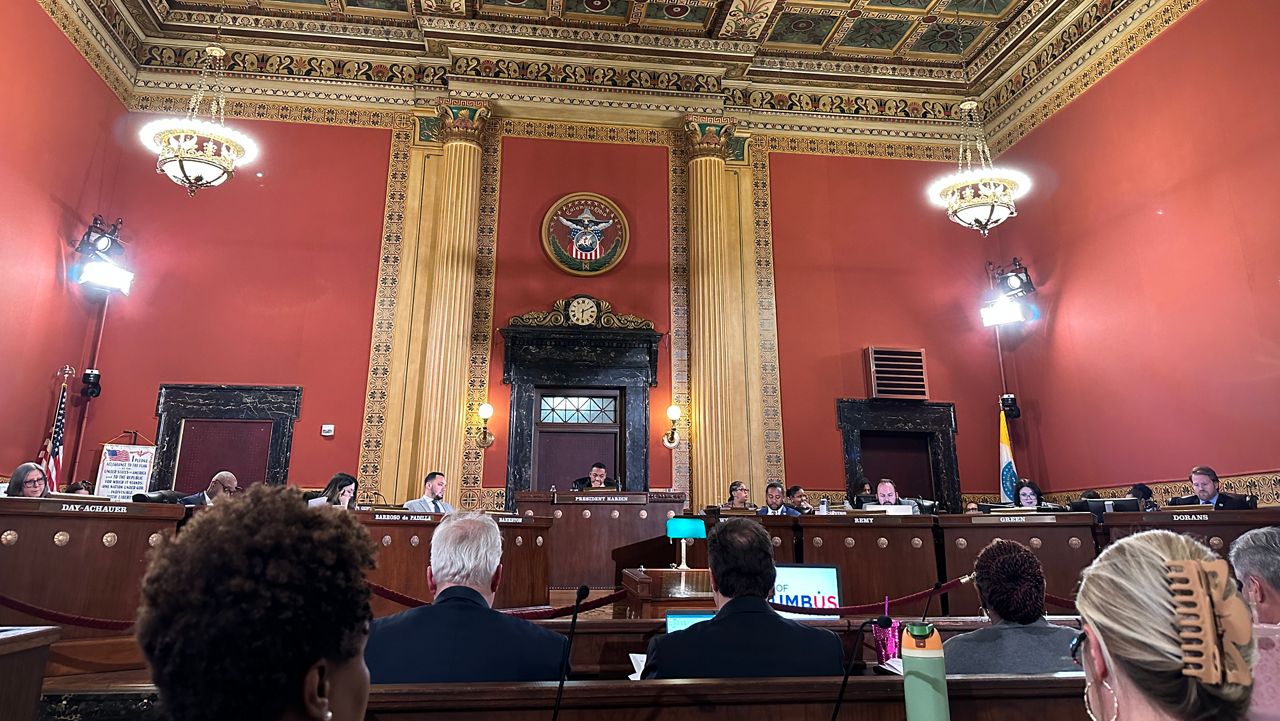COLUMBUS, Ohio — Ohio’s House representatives are proposing some changes to the governor’s budget, and they’re stirring up the statehouse.
Researcher Greg Lawson with the Buckeye Institute said it’s a process.
“The House added some positive things into the budget relative to what the governor initially proposed,” Lawson said. “But there’s still a lot more things that we think are necessary.”
Tax policy researcher Bailey Williams with Policy Matters Ohio said his reaction is twofold.
“It was good to see that there was no flat tax, no further cuts to the income tax,” Williams said. “But that was about the only good news on the tax front.”
One of the issues causing a huge debate is public school funding.
The House proposed to give more money than the governor, but Scarlett Bouder, lobbyist with Ohio 8, said it’s not considering inflation.
“On top of that, they haven’t fully addressed the true costs behind serving children who are economically disadvantaged, special education,” Bouder said. “And they eliminated the supplemental or the additional money that covers the cost of transportation.”
Districts are asking for more money, Lawson said, but lawmakers have a lot to consider.
“They’re not really thinking about the overall context of the budget which doesn’t just include K-12 education,” Lawson said. “But includes things like Medicaid, which is actually even a bigger portion of the budget.”
One of the things the House isn’t including is the child tax credit.
Advocates said it would have helped families pay for childcare.
“The business community is very much in favor of doing something to help with childcare,” Lawson said. “I think we recognize that is a reality, but we have to be very careful and, again, mindful about the overall resources that we have and what we can do.”
Katie Kelley is from Pre 4 CLE, an initiative that expands access to high quality preschool and increases kindergarten readiness.
She said the governor’s budget was stronger when it comes to childcare.
“Incredible disappointment that our state legislators don’t want to prioritize working families,” Kelley said. “[The governor] proposes increasing access through the eligibility rate of 260% of the federal poverty level and then including on top of that the childcare choice voucher getting families up to 200% of poverty.”
In the meantime, the Senate will also craft their own version of the budget soon.
Senate Minority Leader Nickie Antonio, D-District 23, said her caucus plans to support public schools’ funding.
“I’m glad they’re still in process over there in the House, because we, my caucus and I, are dedicated to fully funded fair school funding formula,” Antonio said. “We are not seeing that right now and we’re hopeful that we can get there.”
Senate President Rob McColley, R-District 1, said it’s too early to tell what’s coming out of the House.
“This is really their first chance at putting out an idea version of their budget,” McColley said. “I would suspect it’s going to be very similar to what they have out. We’ll reserve judgement for a lot of that until the House comes out with their omnibus version and passes it off the floor.”









